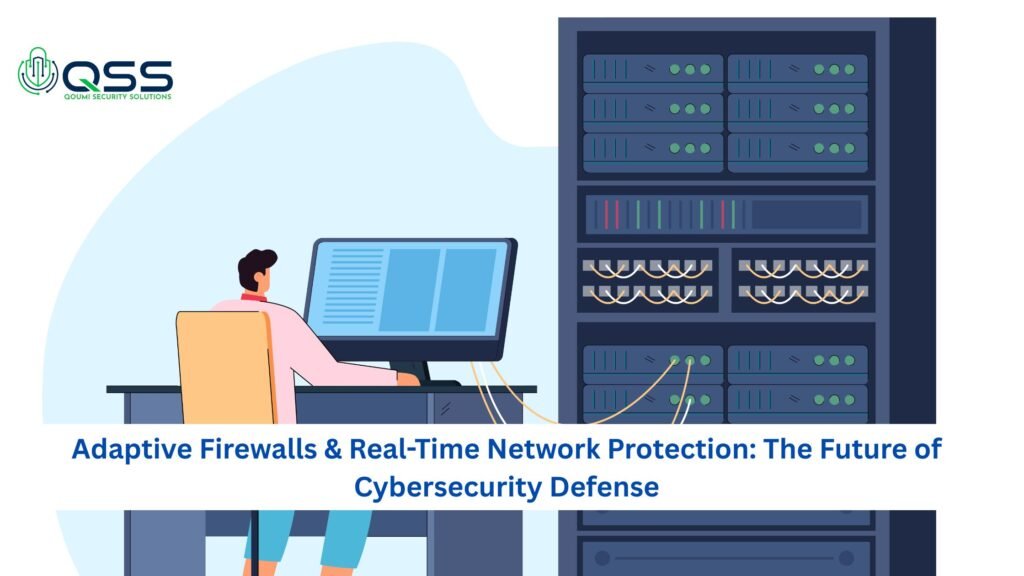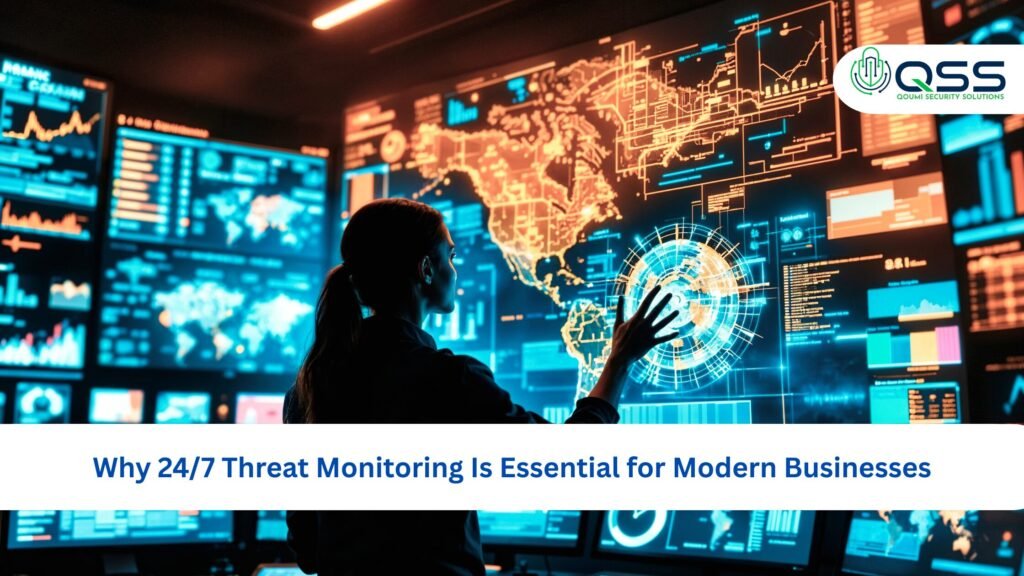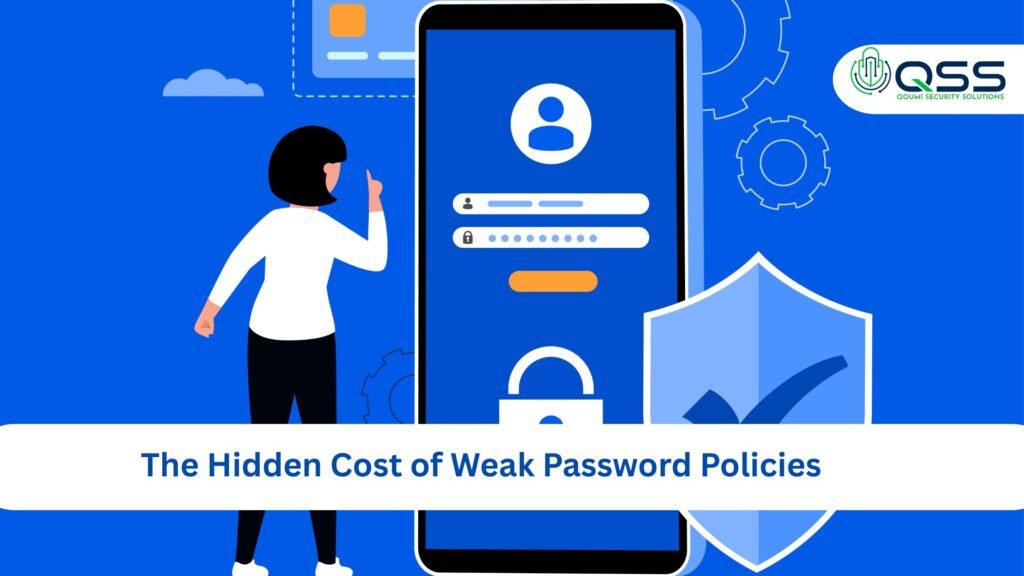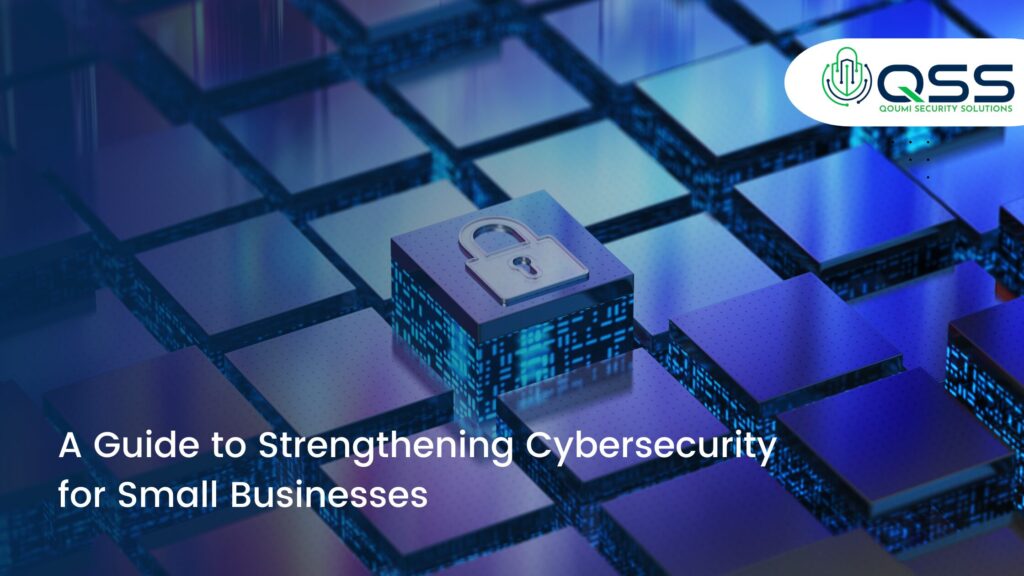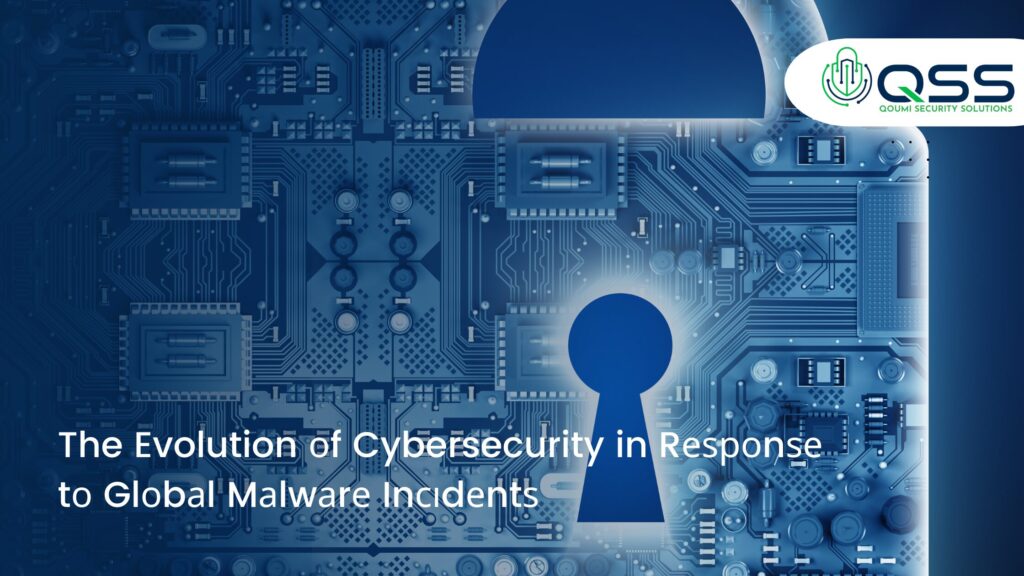Will cybersecurity be in demand in 2025?
Will cybersecurity be in demand in 2025?
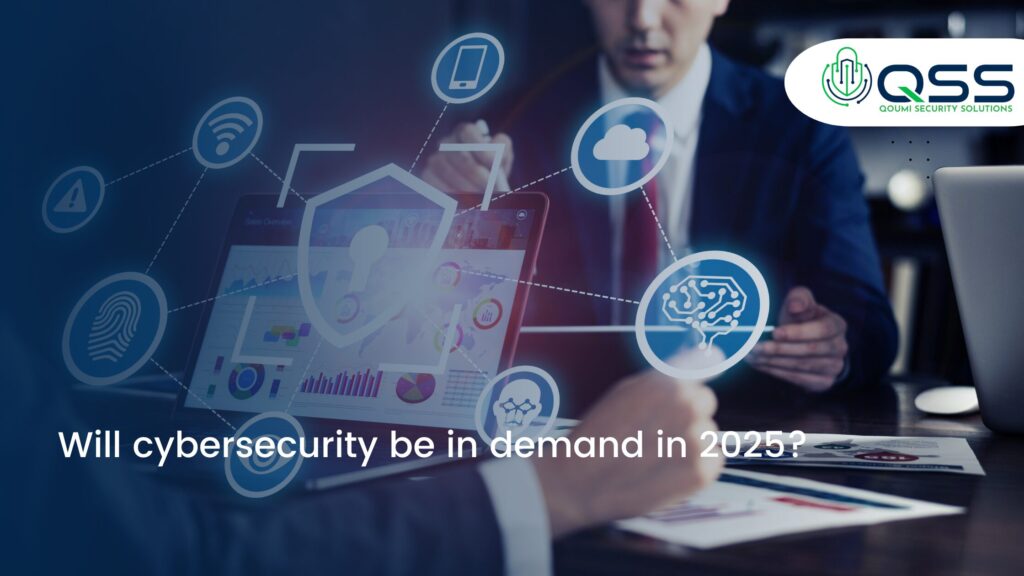
In the digital age, the internet connects us to an expanding global network, offering convenience, innovation, and opportunity. However, with the rise of digital platforms, we’ve also seen an exponential increase in cyber threats. These risks are growing in complexity, and the costs of cyberattacks are astronomical, making cybersecurity more critical than ever before. But what does the future hold for cybersecurity, particularly in 2025? Will demand for cybersecurity professionals continue to rise, or will emerging technologies mitigate the need for traditional security practices? Let’s explore these trends in detail.
The Growing Cyber Threat Landscape
Every year, the frequency and sophistication of cyberattacks escalate. In 2023 alone, the number of reported data breaches reached an all-time high, with organizations across industries—from healthcare and finance to government and tech—falling victim to cybercriminals. As businesses and individuals rely more on cloud computing, the Internet of Things (IoT), and artificial intelligence (AI), hackers find new vulnerabilities to exploit.
Key cyber threats include:
- Ransomware: Cybercriminals lock an organization’s data and demand payment for its release.
- Phishing Attacks: Fraudulent communications, often disguised as legitimate ones, deceive individuals into revealing personal information.
- Advanced Persistent Threats (APTs): Prolonged cyberattacks that target critical infrastructure, often linked to nation-states.
- Cloud Vulnerabilities: As more companies adopt cloud solutions, attackers find new methods to breach security in virtualized environments.
As cyber threats become more frequent and complex, the need for robust security measures and qualified professionals will only grow.
The Increasing Demand for Cybersecurity Professionals
With cyberattacks continuing to rise, organizations are prioritizing cybersecurity in their operations. In fact, according to industry reports, cybersecurity jobs are among the fastest-growing career paths worldwide. The demand for cybersecurity professionals is expected to continue increasing, fueled by several factors:
- More Data, More Vulnerabilities: As data generation and collection accelerate, so does the risk of data breaches. By 2025, experts predict that the world will produce over 175 zettabytes of data. Protecting this massive volume of sensitive information requires highly specialized skills and constant vigilance.
- The Expansion of the Internet of Things (IoT): With billions of connected devices in homes, offices, factories, and cities, the IoT ecosystem is ripe for cyberattacks. Each new device introduces potential entry points for malicious actors. Cybersecurity professionals will need to protect these devices and ensure that IoT networks are secure.
- Remote Work and Hybrid Work Models: Remote and hybrid work models, which have gained widespread adoption due to the pandemic, introduce new security challenges. Employees accessing corporate networks from unsecured home networks or personal devices increase the risk of cyberattacks. Organizations will need to invest in secure collaboration tools, endpoint security, and encryption methods.
- Regulations and Compliance: Governments and regulatory bodies worldwide are tightening data protection and privacy regulations. Compliance with standards like the GDPR (General Data Protection Regulation) and CCPA (California Consumer Privacy Act) requires robust cybersecurity frameworks. As more countries implement stringent regulations, demand for cybersecurity experts to ensure compliance will continue to rise.
- Cloud Security: Cloud platforms are the backbone of most modern businesses, offering scalability, flexibility, and reduced infrastructure costs. However, security challenges in the cloud, including data breaches, misconfigurations, and unauthorized access, require cybersecurity experts to secure cloud environments. As cloud adoption increases, so does the need for cloud security professionals.
- AI and Automation: AI-driven cybersecurity tools are becoming increasingly sophisticated, enabling organizations to detect and respond to threats in real time. However, human expertise will remain crucial for managing these technologies and interpreting the results. As AI-powered tools become more common, the demand for professionals with both cybersecurity and AI knowledge will surge.
What Skills Will Be in Demand?
By 2025, cybersecurity professionals will need to possess a diverse set of skills to stay competitive in the job market. Some of the most in-demand skills will include:
- Threat Hunting and Incident Response: The ability to actively seek out and neutralize potential threats will remain a critical skill.
- Cloud Security: As organizations migrate to cloud-based infrastructures, security experts with cloud certification (such as AWS Certified Security Specialty or Microsoft Certified: Azure Security Engineer) will be in high demand.
- Cryptography: Strong knowledge of encryption methods and protocols will continue to be vital for securing communications and sensitive data.
- AI and Machine Learning: Cybersecurity professionals who understand how to leverage AI and machine learning for threat detection and prevention will be highly sought after.
- DevSecOps: Integrating security into the software development lifecycle (DevOps) is becoming increasingly essential, and professionals with expertise in this area will have a competitive advantage.
- Risk Management: Understanding how to assess and mitigate risks, particularly in terms of data privacy, will be critical for businesses to stay compliant with regulations.
The Future of Cybersecurity
As we approach 2025, the cybersecurity landscape will continue to evolve in response to emerging technologies, threats, and regulations. The growth of AI, machine learning, quantum computing, and blockchain will shape how cybersecurity professionals approach threats, and the demand for qualified experts will remain high.
While automation and AI tools can help identify vulnerabilities and respond to threats faster, human expertise will still be needed to oversee and fine-tune these technologies. The future of cybersecurity is not just about technology but also about the professionals who are able to adapt to new threats and stay ahead of cybercriminals.
Organizations will increasingly recognize cybersecurity as a core part of their operations, not just an IT concern. In this environment, skilled cybersecurity professionals will have numerous career opportunities, including roles as security analysts, ethical hackers, incident responders, and security architects. For individuals considering a career in cybersecurity, 2025 presents a promising outlook with abundant opportunities for growth and advancement.
Conclusion
Cybersecurity will unquestionably remain in demand in 2025 and beyond. As cyber threats become more sophisticated and pervasive, organizations will need a robust defense system. Cybersecurity professionals will continue to play a crucial role in securing digital infrastructure, protecting sensitive data, and maintaining compliance with global regulations. The skills required will evolve, but the core need for cybersecurity expertise will not diminish. If anything, it will intensify, offering exciting career prospects for those willing to embrace the challenge.
